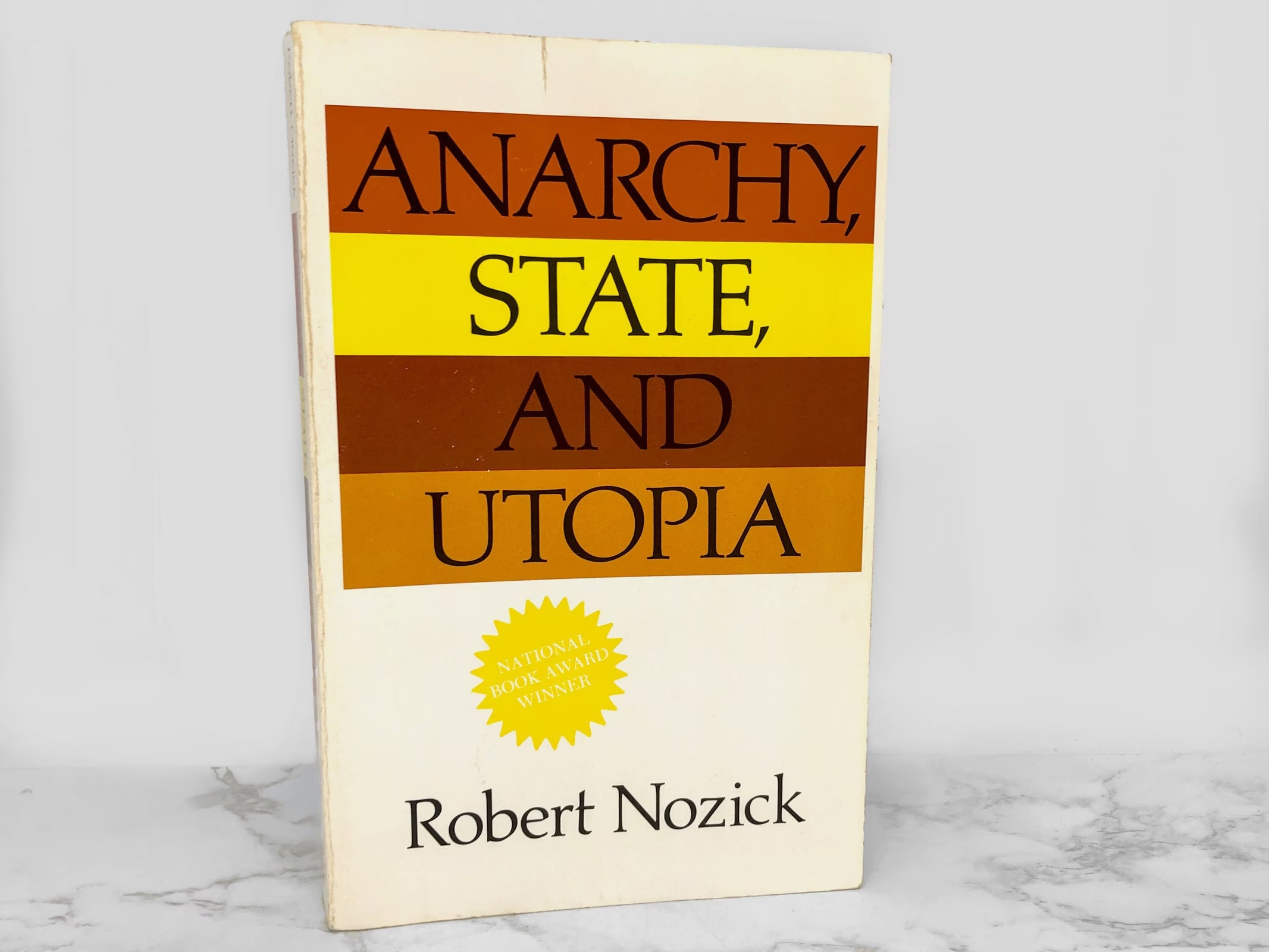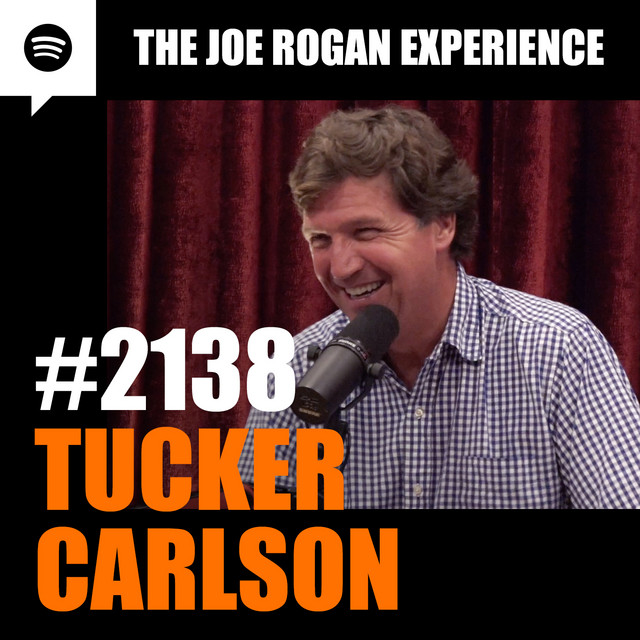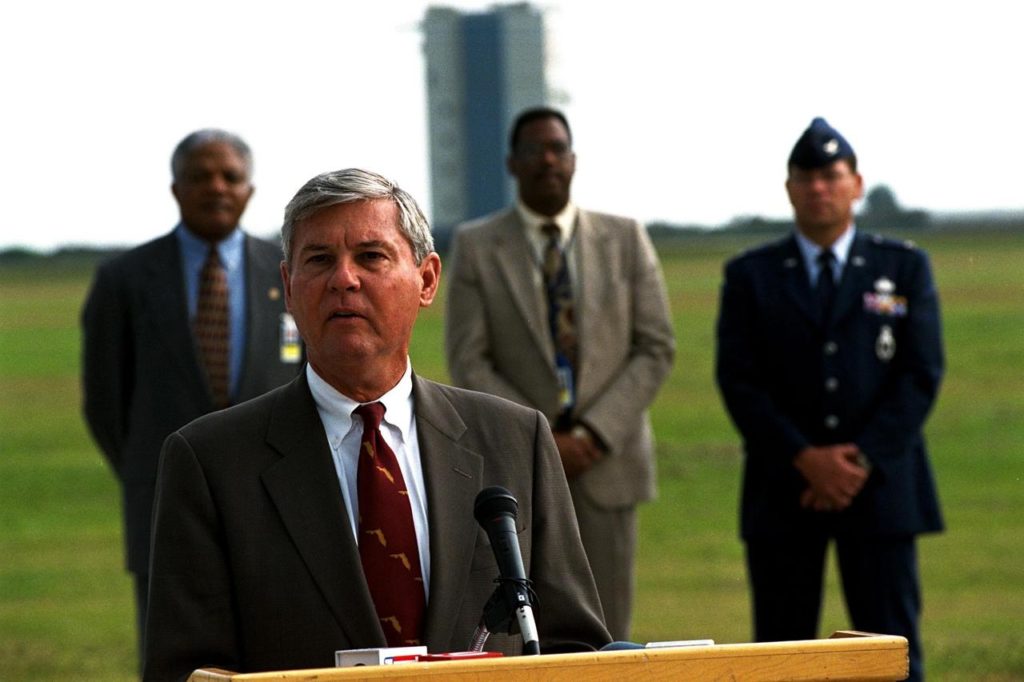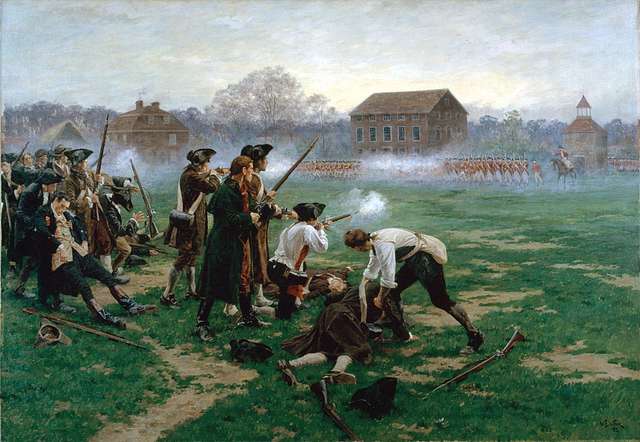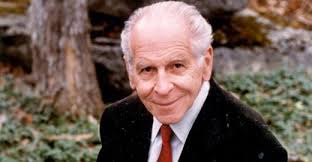A common theme in this year’s election is danger posed by a man like Donald Trump having control of a nuclear arsenal. Trump advocated further nuclear proliferation, failed to identify the three components of the nuclear triad, and reportedly asked an adviser why the United States has nukes if it can’t use them. Hillary Clinton raises similar concerns since staking out out an aggressive stance toward Putin and his attempts at projecting Russian power. Some, including Trump, worry about a possible confrontation between Russia and the United States if Clinton is elected. People are rightfully scared by both candidates’ rhetoric and the prospect that one of them could soon have the power to end life on Earth as we know it. But that just raises the question: why aren’t we more worried about the fact that we have a nuclear arsenal that could possibly be used to destroy the world?
It’s not as if nobody is aware of the threat the existence of nuclear weapons poses. Nuclear war is almost universally recognized as one of the most likely sources of a potential doomsday. Throughout the Cold War, the threat of nuclear war was almost omnipresent; one looks at the popular culture of America in the late twentieth century and is almost in awe of how casually most Americans accepted the fact that they could, probably for reasons they don’t entirely understand, be vaporized some time in the near future. At several points, the United States came within inches of nuclear war — the Cuban Missile Crisis being only the most famous example.
We know all of this. So why are so many people perfectly fine with letting it continue? How has the fact that human civilization could be totally destroyed at any minute become so normalized? What are the arguments in favor of allowing this constant, existential threat to continue to hover over us?
The United States’, and other countries’, hesitance to disarm can be explained, in part, by their continued commitment to a doctrine of mutually assured destruction (MAD), the idea of nuclear weapons as a deterrent against attack, incentivizing peaceful cooperation between nuclear states in order to avoid global death and destruction. Though the U.S. military has never officially, openly accepted this doctrine, its influence on the public view of nuclear weapons and its near universal acceptance by America’s politicians has clearly had a tremendous effect on policy.
Here’s what’s wrong with MAD: as those who clamor for war with Iran and North Korea (supposedly to stop nuclear proliferation) have pointed out, MAD assumes that the people holding nuclear weapons are sane, rational actors who know and care that the use of those weapons would lead to armageddon. What those voices usually haven’t pointed out is that the same principle applies to the leaders of the United States — if the President is someone who doesn’t care that using nuclear weapons could end up killing everyone, MAD goes out the window, and so, potentially, does the entire human race. As this election proves, the chance of someone like that being elected is not small.







